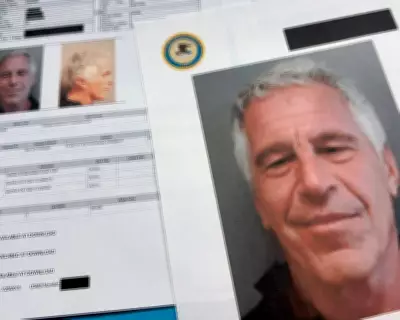
Nigel Farage has been compelled to issue a humiliating public apology after making factually incorrect statements about the ethnic composition of grooming gangs in the UK. The Reform UK leader faced potential legal action after his controversial remarks on BBC's Question Time.
The Controversial Claim That Sparked Backlash
During a heated exchange on the political debate programme, Farage asserted that "the vast majority" of convictions in grooming gang cases involved British-Pakistani men. This sweeping generalisation immediately drew criticism from fact-checkers and community groups alike.
The situation escalated when the Quilliam Foundation, a research organisation that had previously published on this topic, threatened legal action. They challenged Farage to provide evidence supporting his claim or face potential defamation proceedings.
Official Data Tells a Different Story
Home Office research directly contradicts Farage's assertion. Official analysis reveals that group-based child sexual exploitation offenders are most commonly white men. The data shows no evidence suggesting that ethnicity is a reliable predictor of this horrific crime.
In his apology statement, Farage acknowledged: "I have since been made aware of official data from the Home Office which shows that the vast majority of child sexual grooming gangs are made up of white men."
A Pattern of Problematic Statements
This isn't the first time Farage has faced criticism for comments about minority communities. His latest apology comes after he agreed to pay damages to three individuals he falsely linked to a supposed 'Muslim No-Go Areas' campaign in 2014.
The repeated pattern of making unsubstantiated claims about ethnic and religious minorities has raised concerns among equality campaigners and political opponents.
The Wider Impact and Political Fallout
This incident highlights the ongoing tension between political rhetoric and factual accuracy in discussions about sensitive social issues. Community leaders have welcomed the apology but stress the importance of evidence-based debate.
As Reform UK continues to gain traction in the political landscape, this episode serves as a reminder of the scrutiny that comes with increased visibility and the responsibility that political leaders bear in their public statements.





